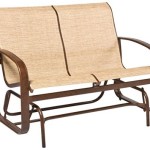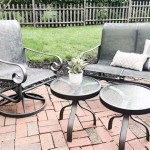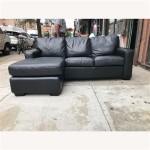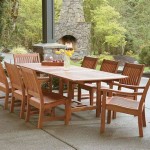Furniture Painted with Chalk Paint
Chalk paint has become increasingly popular in home decorating due to its versatility, ease of use, and ability to transform old or outdated furniture pieces into stylish and unique creations. This article provides a comprehensive guide on how to use chalk paint effectively for furniture painting projects.
What is Chalk Paint?
Chalk paint is a type of water-based paint that contains chalk, pigment, and a binder. It differs from traditional latex or oil-based paints in that it has a matte finish, is easy to distress, and adheres well to various surfaces without the need for extensive preparation or primer.
Benefits of Using Chalk Paint
- Versatile: Can be used on a wide range of surfaces, including wood, metal, glass, and fabric.
- Easy to use: Requires no special skills or techniques, making it suitable for beginners.
- Matte finish: Creates a soft, velvety look that can hide imperfections and add character to furniture.
- Distressed look: Can be easily distressed to create a vintage or antique effect.
- Adhesion: Bonds well to surfaces without extensive preparation or primer.
Preparation
Before starting your chalk paint project, it is essential to properly prepare the furniture piece to ensure optimal adhesion and a smooth finish:
- Clean and sand: Remove any dirt, dust, or debris from the surface. Lightly sand the piece to create a smooth surface for the paint to adhere to.
- Repair any damage: Fill in any cracks, holes, or dents with wood filler or caulk.
- Mask off areas: Use painter's tape to protect areas that should not be painted, such as hardware or glass panels.
Application
Applying chalk paint is a straightforward process:
- Stir the paint: Thoroughly stir the paint to ensure an even distribution of pigments.
- Apply the first coat: Using a brush or roller, apply a thin and even coat of chalk paint to the surface. Allow it to dry completely before applying additional coats.
- Sand lightly: Once the first coat is dry, lightly sand the surface to remove any brush strokes or rough spots.
- Apply additional coats: Apply one or two more coats of paint as needed, allowing each coat to dry before proceeding to the next.
Distressing
To create a distressed look, you can use various techniques:
- Sanding: Lightly sand the painted surface to remove paint from edges or high points.
- Wire brush: Use a wire brush to remove paint from crevices or specific areas to create a more aged effect.
- Crackle glaze: Apply a crackle glaze over the paint before it completely dries. As the glaze dries, it will create cracks in the paint.
Finishing
Once the desired look is achieved, you can apply a clear finish to protect the paint:
- Wax: Apply a wax finish using a soft cloth. Wax enhances the matte finish and adds durability.
- Polyurethane: Apply a polyurethane finish to provide a more glossy and durable surface.
Tips
- Test the paint on a small area first to ensure the desired outcome.
- Use a high-quality brush or roller for a smoother finish.
- Allow ample drying time between coats to prevent cracking or peeling.
- Consider using a tinted wax or polyurethane to enhance the finish and add depth to the color.
- For a more rustic look, leave some imperfections or brush strokes in the painted surface.

Pros And Cons Of Chalk Paint For Furniture Some My Favorite Makeovers Artsy Chicks Rule

How To Paint Furniture Using Chalk Confessions Of A Serial Do It Yourselfer

Trends Chalk Painted Furniture Jerry Enos Painting

Chalk Paint Furniture Technique Hallstrom Home

Secret To Giving Furniture A Chalk Finish Shabbyfufu Com

How To Chalk Paint Furniture More Tips Tricks I Ve Learned Artsy Chicks Rule

How To Chalk Paint Furniture Ultimate Beginner S Guide Painting

How To Chalk Paint Furniture Marty S Musings

No Fail Chalk Painting Tips For Beginners Marty S Musings

Chalk Painted Furniture How To Paint
See Also








